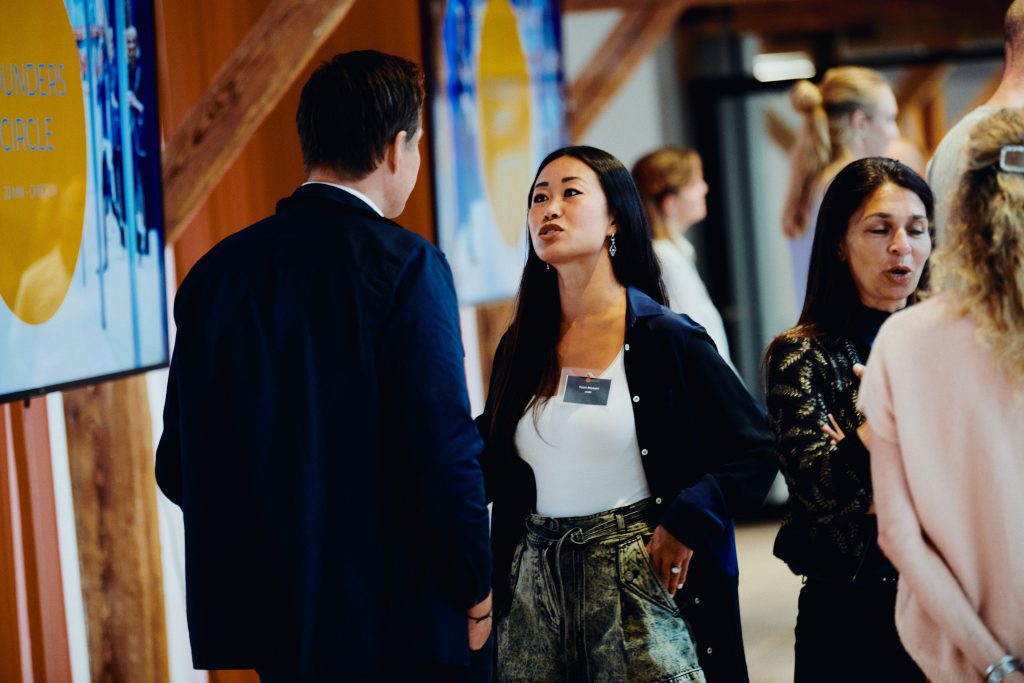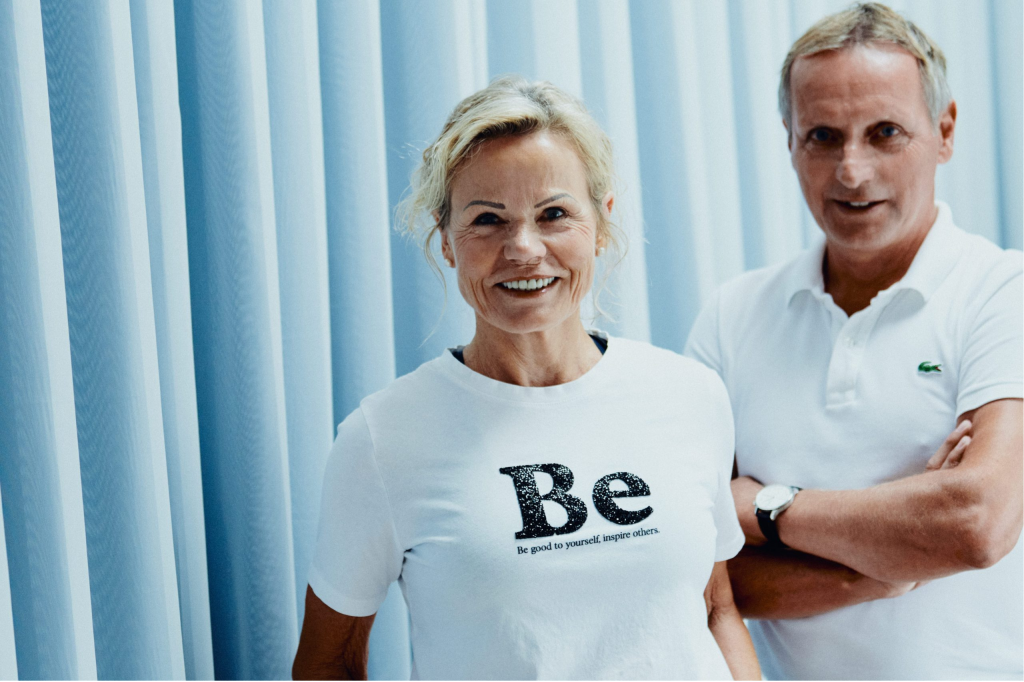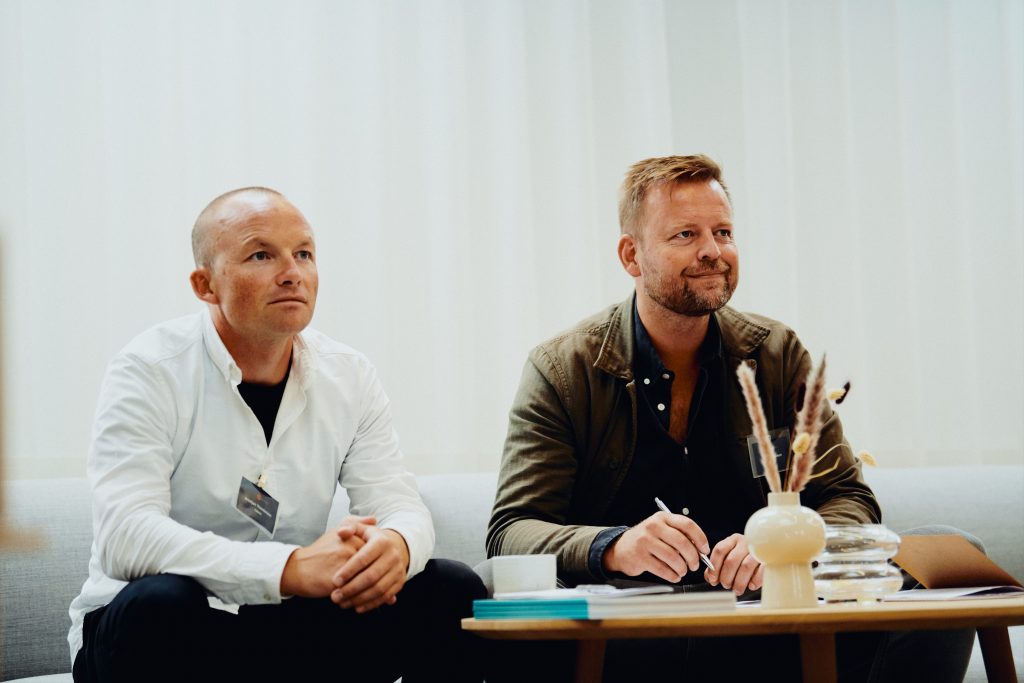
Hybrid and remote work has become the new norm.
What inspired you to build OMNI?
Our physical environment contributes to our sense of self and well-being, but it can be difficult to create spaces that encourage us. We wanted to make is easier to access well-designed, high-quality furniture to build better environments that also change and move with us, as we evolve. We started by focusing on office spaces, as that is where most of us spend some of the best hours of our lives.
Why has Furniture-as-a-Service become so relevant post Covid-19?
Hybrid and remote work has become the new norm. Companies are navigating how best to implement WFH policies, and some are even making it part of their corporate facility and recruitment strategies. Home office furniture is a crucial part of the WFH package, but it doesn’t make sense for companies to keep double inventory, making home workstations as a service on tap a smart new employee benefit.
What gap in the market is OMNI targeting?
Traditional office furniture is bulky, unattractive, often very expensive, and requires a big commitment to install, resulting in many people settling with working from their dining table, sofa, bed, or even their children’s miniature furniture. This is detrimental for their health and productivity, making it crucial to create a convenient, well-designed, high-quality, and flexible alternative.
How does OMNI add value to a more circular economy?
By curating and offering attractive, high-quality, and home-adaptable workstations, as a white glove service and on a flexible subscription, we make sure that people get more joy out of their home office setup, while they have it. We also ensure that the furniture will stand the test of time and can be sent out many times, reducing the carbon footprint of an otherwise extremely heavy endeavor.




